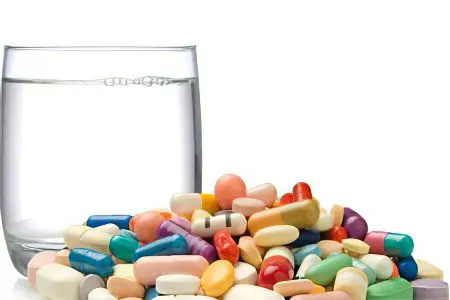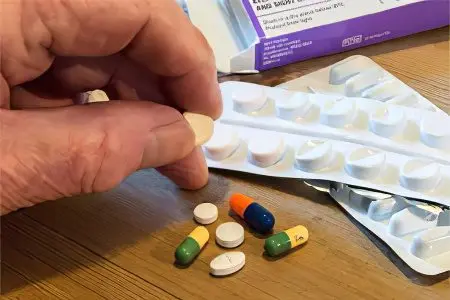
Anticoagulants are drugs that are aimed at suppressing the activity of the blood system responsible for its clotting. Anticoagulants contribute to the fact that fibrin will be produced in small quantities, thereby preventing the formation of blood clots. Anticoagulants inhibit the processes of blood clotting by changing its viscosity.
Drugs related to anticoagulants are prescribed for both therapeutic and prophylactic purposes. They are available in the form of tablets, ointments and solutions for intravenous and intramuscular administration. The doctor prescribes anticoagulants, choosing the dosage necessary for the patient. If the therapeutic scheme is drawn up incorrectly, then you can seriously harm the body. The consequences are very severe, up to death.
Cardiovascular diseases are in the first place among the pathological causes leading to death among the human population. Often, blood clots lead to the death of a person suffering from cardiac pathology. In almost every second person, a blood clot is found in the vessels during an autopsy. In addition, pulmonary embolism and vein thrombosis can lead to severe health complications and make people disabled. Therefore, after a particular pathology of the cardiovascular system has been detected in a person, doctors prescribe anticoagulants to patients. If you start undergoing therapy in a timely manner, you will be able to prevent the formation of thrombotic masses in the vessels, their blockage and other serious complications of the disease.
Hirudin is a natural anticoagulant known to many people. This substance is found in the saliva of leeches. It works for 2 hours. Modern pharmacology offers patients synthetic anticoagulants, of which there are currently more than 100 items. Such a wide selection of drugs allows you to choose the most effective and effective medication in each case.
Most often, anticoagulants have an effect not on the thrombus itself, but on the blood coagulation system, lowering its activity, which makes it possible to suppress the plasma factors of the blood that cause it to clot, and also prevents thrombin from being produced. Without this enzyme, the fibrin strands that make up the thrombus will not be able to grow. Thus, it is possible to slow down the process of thrombus formation.
Indications for the use of anticoagulants

Anticoagulants are prescribed in the following cases:
Stroke on the background of embolism or blockage of blood vessels by thrombotic masses.
Myocardial infarction.
Atherosclerotic vascular disease.
Rheumatic heart disease.
Thrombophlebitis.
Mitral valve defect.
Thrombosis in the acute stage.
Varicose veins.
Aortic aneurysm.
CHD.
Pulmonary embolism.
DIC syndrome.
Thromboangiitis and endarteritis obliterans.
Atrial fibrillation.
If a person takes anticoagulants without medical supervision, then this is associated with a risk of developing severe complications, up to hemorrhagic hemorrhages in the brain. If the patient has a predisposition to bleeding, then antiplatelet drugs should be used for his treatment, which are distinguished by a gentle effect on the body and do not cause such complications.
[Video] What drugs are used in anticoagulant therapy?









